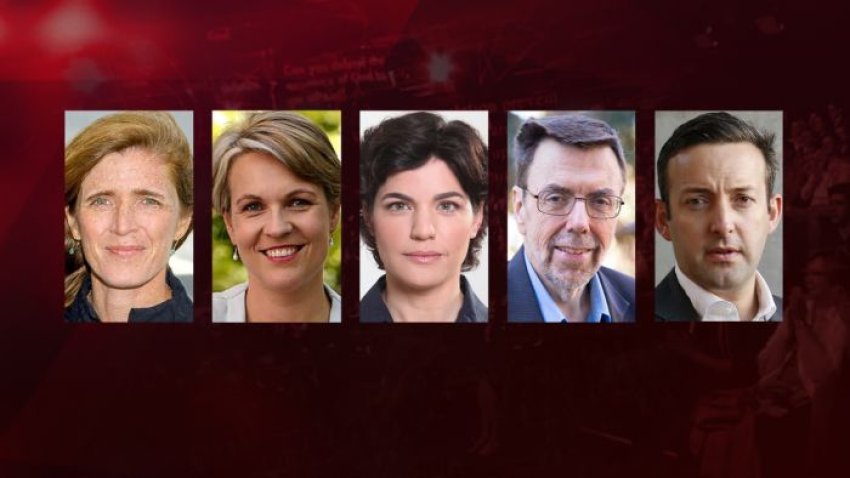
ABC’s November 25 Q&A program discussed the push by the United States to recognise illegal Israeli settlements in Palestine. Given this, you would have expected the panel to include a Palestinian.
Instead, Q&A chose to ignore Palestinian voices and stacked the panel with right wingers and pro-Israeli figures. This is like having a panel on Aboriginal and Torres Strait Islander peoples and not including a single First Nations person.
On Twitter, Crikey journalist Jennine Khalik asked: “Do media organisations in Australia have a Palestinian problem?”
She noted: “There are approx. 15,000 Palestinians in Australia — many who are academics across geopolitics in Palestine/Israel and advocates for justice and peace in Palestine, and they couldn’t find one for tonight?”
It was a deliberate decision to exclude any Palestinian point of view, but such decisions are not new. They follow a pattern of misrepresenting and ignoring Palestinian stories in the corporate media.
In a March 17 Al Jazeera article, three journalists were asked about the media’s coverage of Palestine.
A former foreign correspondent for the British Independent said: “Everyone is terrified of putting a foot wrong and being accused of being anti-Semitic that they daren't even ask the necessary questions.”
"Because newspapers have been got at and persuaded and pressurised by the pro-Israel lobby, the upshot over time is that the reader hasn't got a clue what this place [Palestine] is."
Former Guardian freelance journalist David Cronin said that after he reported on Israeli atrocities against Palestinians, he was told by an editor that they would prefer he not report on Gaza.
Al Jazeera also interviewed former Israeli ambassador to South Africa Ilan Baruch, who told them: "Israel was brilliantly successful in offering a narrative to the Western hemisphere that was embraced with little or no objective judgement."
Baruch, who resigned in 2011 because he felt he could no longer represent the Israeli government's policies, said Israel has dominated the Western media narrative during the entire 70-year conflict.
In Australia, it is no different.
Even a news source many Australians look to as being more objective, such as the ABC, have a bad track record on Palestine.
The ABC seems to be particularly intimidated about reporting on Israeli atrocities. Its coverage of the issue has worsened over the years, particularly after former Coalition communications minister Richard Alston initiated an inquiry into the ABC over bias in its reporting of the 2003 Iraq invasion.
The situation is dire in Palestine. Most people would not know that Israel has enacted a total economic blockade on Gaza since 2007, denying people access to building materials, basic food and medicine. The lack of reporting on this and other issues in Palestine is inhumane.
This is as true for Palestine as it is for the lack of reporting on what other repressive regimes are doing — all of which makes it harder to build resistance to them.
That is why Green Left Weekly pays so much attention to covering these issues, not just in Palestine but in many countries and, of course, in Australia. But to continue doing so we need your help.
If you like our work, become a Green Left supporter today.